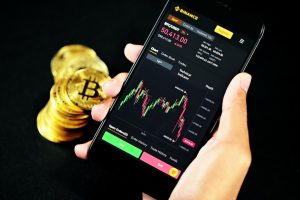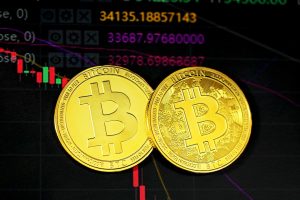Forex and stock markets are two of the most popular financial markets in the world. Both of these markets provide opportunities for investors to earn money. However, there are significant differences between the two markets that investors should understand before making any investment decisions.
Forex Market
Forex market, also known as the foreign exchange market or currency market, is a decentralized global marketplace where traders buy, sell, and exchange currencies. It is the largest market in the world, with an average daily trading volume of over $5 trillion. The forex market operates 24 hours a day, five days a week, and is open for trading in different time zones worldwide.
The forex market involves buying and selling currencies in pairs, such as the USD/JPY or EUR/USD. Traders speculate on the fluctuations in exchange rates between different currencies, and profit from the difference in price. Forex trading is highly speculative and involves high risk, due to the volatility of the currency markets. It requires a deep understanding of market trends, global events, and economic indicators to make informed trading decisions.
Stock Market
The stock market, also known as the equity market, is a marketplace where traders buy and sell shares of publicly traded companies. It is a centralized marketplace, where investors can buy and sell shares through exchanges, such as the New York Stock Exchange (NYSE) or NASDAQ. The stock market is regulated by government agencies, such as the Securities and Exchange Commission (SEC), to ensure fair trading practices and protect investors.
The stock market involves buying shares of individual companies or exchange-traded funds (ETFs), which are a basket of stocks that track an index or sector. Traders speculate on the performance of these companies or sectors, and profit from the difference in price. The stock market is less volatile than the forex market, and it is easier to predict trends and make informed trading decisions.
Key Differences between Forex and Stock Market
1. Market Size and Liquidity: The forex market is much larger and more liquid than the stock market. The daily trading volume of the forex market is over $5 trillion, while the average daily trading volume of the stock market is around $200 billion. This means that the forex market is more liquid, and it is easier to buy and sell currencies without affecting the market price.
2. Trading Hours: The forex market operates 24 hours a day, five days a week, while the stock market is open for trading during specific hours, usually from 9:30 am to 4:00 pm EST. This means that the forex market offers more trading opportunities, as traders can trade currencies at any time, regardless of their location.
3. Volatility: The forex market is more volatile than the stock market due to the constant fluctuations in exchange rates. This means that traders need to be more agile and have a deep understanding of the market trends and global events to make informed trading decisions. The stock market is less volatile, and it is easier to predict trends and make informed trading decisions.
4. Leverage: The forex market offers higher leverage than the stock market. This means that traders can control larger positions with smaller amounts of capital. However, this also means that the risk is higher, and traders can lose more money if the market moves against them.
5. Trading Costs: The trading costs in the forex market are generally lower than the stock market, as there are no commissions or fees charged by brokers. Instead, forex traders pay the spread, which is the difference between the bid and ask price. In the stock market, traders pay commissions and fees charged by brokers, which can add up to significant costs over time.
Conclusion
In conclusion, both the forex market and the stock market offer opportunities for investors to earn money. However, they have significant differences in terms of market size, liquidity, trading hours, volatility, leverage, and trading costs. It is important for investors to understand these differences and choose the market that best suits their investment goals, risk tolerance, and trading style.





